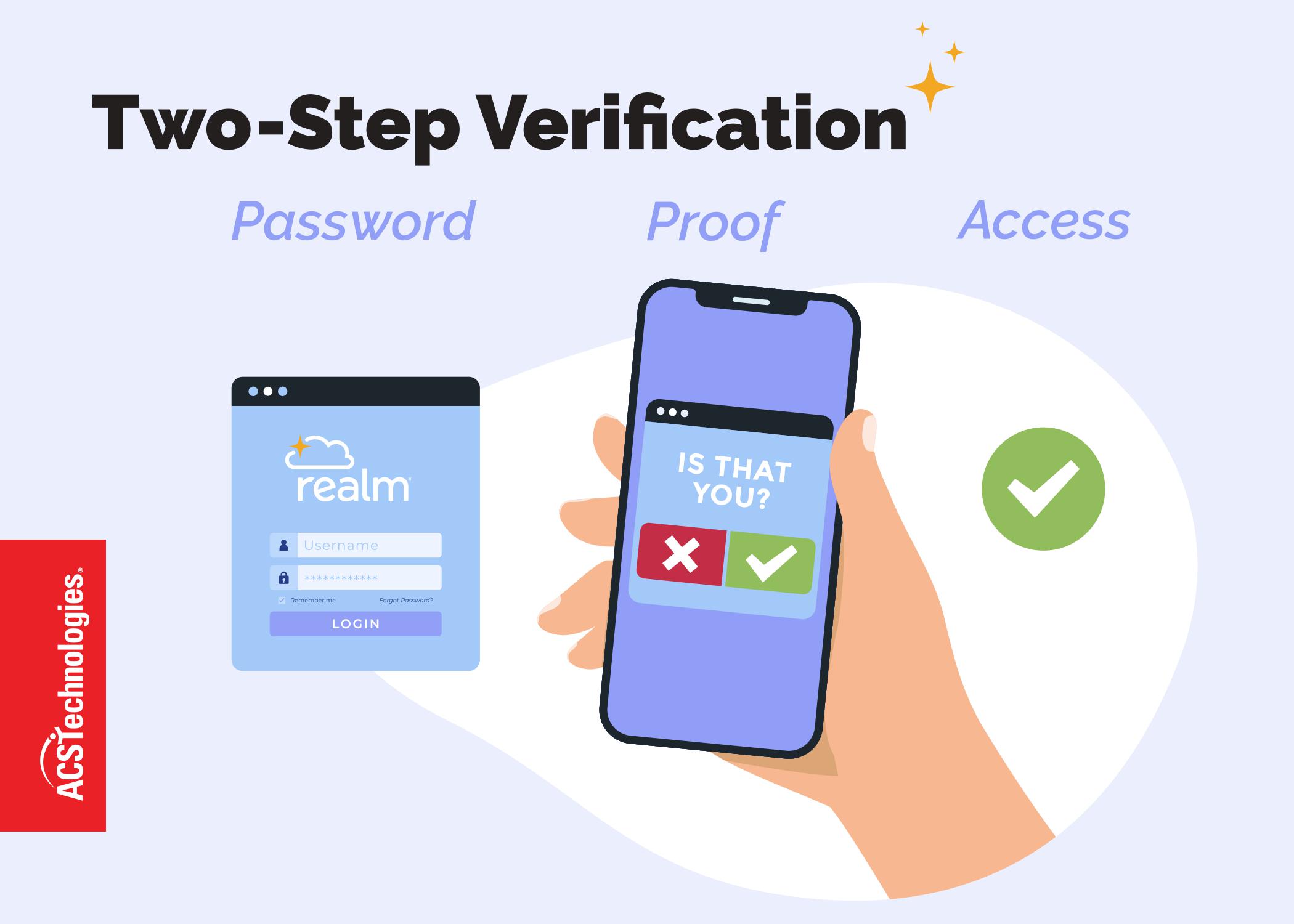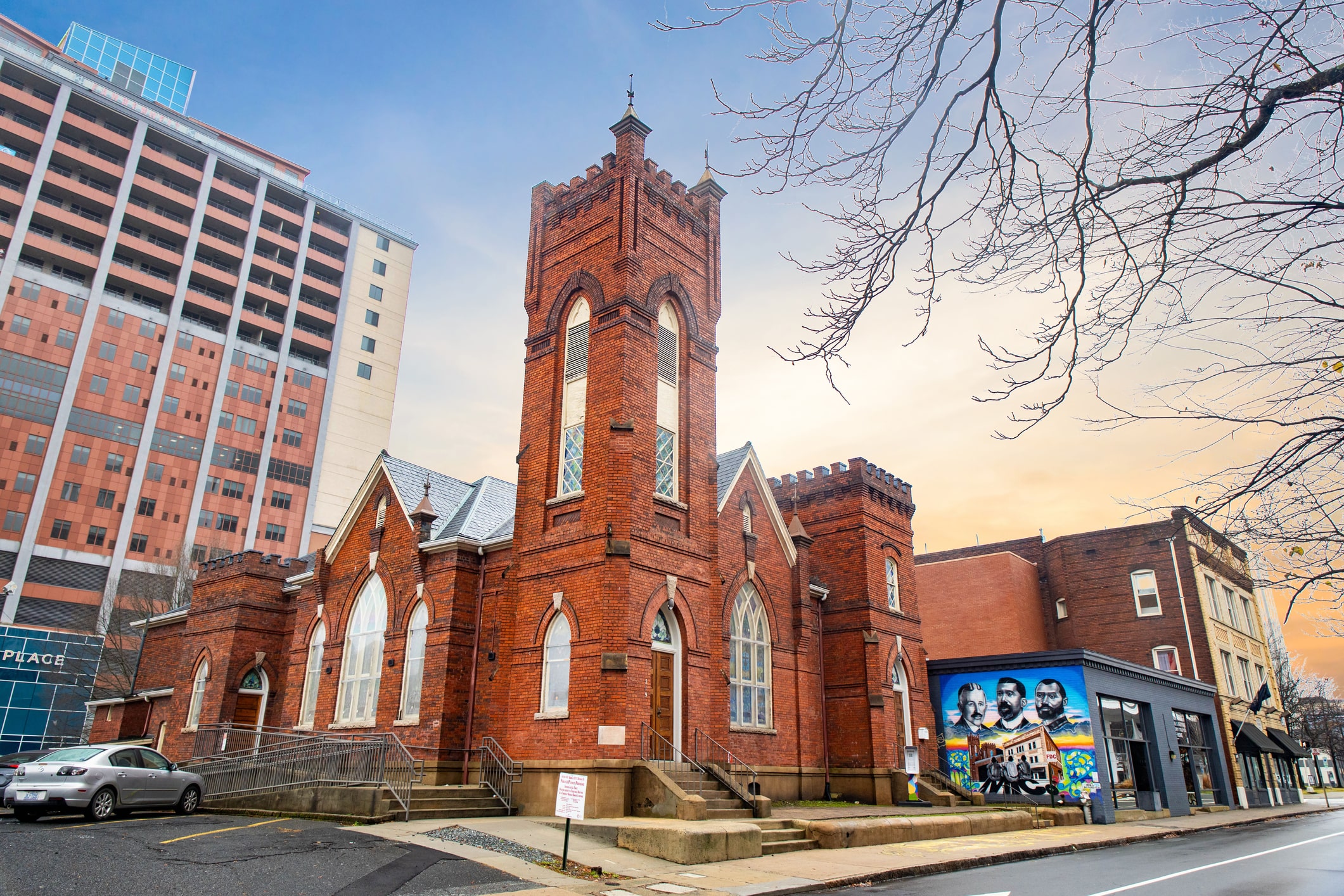If there’s one consistent frustration you hear from church leaders regarding church technology, it’s how fast it’s changing. Just when you think you’re on top of the latest iterations in effective tech use, something new arrives.
This constant evolution can be tough for church leaders to keep up with. While churches can’t (and shouldn’t even try) keep up with every new technological change impacting their communities, they also can’t stick their heads in the sand either.
Instead, the best answer is somewhere in the middle. Understand how technology is changing the lives of the people you want to engage, and use that technology to aid your church’s mission when it seems most appropriate.
So, what are the church tech trends to monitor in 2024?
Artificial Intelligence
AI stood out among all tech topics in 2024, capturing the public’s imagination like no other topic. Thanks in part to the emergence of Chat GPT, the media fell in love with the promise of what AI could offer.
At first glance, it might seem like AI would have an uneasy relationship with ministry. You can’t replicate the human connection and empathy required to help people engage with God. While AI will never replace ministry staff, we’ve seen over the past 12 months that it can help expand the reach of church leaders.
Despite stories of chatbot preachers delivering sermons last year, AI teachers won’t be taking over pulpits anytime soon. However, many church leaders are leveraging AI tools to outline sermons, research, and develop additional pieces of content from the initial sermon (such as social-media clips, discussion guides, etc.).
Beyond the role of pastor, churches are already leveraging AI to create consistent, effective communications with guests.
This will only grow in the coming months and years. It’s safe to anticipate creative entrepreneurs in the church space will find some new ways to use AI to enhance ministry, and these will probably be in areas no one expects today.
Yet as AI continues to impact church ministry, you can expect Christians to continue to debate how to use it ethically and in alignment with their biblical values.
Leveraging Data to Make Better Decisions
Churches have always used data to make better decisions on how to care for congregants and engage the community more effectively. A century ago, pastors would take what he was learning about people inside and outside the church to impact how he communicated the gospel and cared for people. He wouldn’t have called that process collecting and implementing data for better ministry, but it’s similar to how churches today gather insights about their neighbors through data—and then make better decisions because of that information.
In fact, the biggest difference in how churches leverage data today is in how much we have at our disposal. Those opportunities to gather and process data are only going to grow in the months ahead. Thanks to church-specific tools like MissionInsite, you’ll know more this year about your community than you’ve ever known before.
Churches with fine-tuned church management systems will also have more and more access to centralized internal data about congregants in order to better communicate with them.
Church-Specific Tech Tools
Churches are realizing that generic tools built for the business world (or even non-profits) often take too much work to convert them to a ministry context. Your church may be able to find a number of communication tools that allow you to leverage a database to communicate with groups of people. Some may even be cheaper than the church-specific tools, but a full-functioning church management system built around church use cases is worth the investment.
While churches do activities similar to those of other organizations (including communicating digitally, collecting funds, and live streaming), they do them for different reasons. As more and more churches dig deeper into tech, more companies will invest in tools built around the mission of the church.
Automation for Efficiency
As church budgets grow even tighter, congregations are embracing automation to make better use of staff time (and save money).
Automation helps churches grow through strategic digital pathways. These pathways help people move from visitors to growing Christians to ministry participants with minimal staff involvement. By streamlining administrative tasks like email, churches save time that can be better spent on more personal ministry that requires a human touch. Automation is also helping churches prepare for mission trips, connect with volunteers, and engage donors.
Of course, churches must continue to guard against depersonalizing ministry by overusing automation. However, automation leveraged correctly should give pastors and other staff more time to do the ministry they love (not less).
Digital Discipleship
Just a few years into the 2020s, it’s clear the growth of digital learning will be one of the decade’s major stories. Since the COVID-19 shutdowns of 2020-21, organizations as diverse as Fortune 500 companies, major research universities, and professional organizations are investing heavily in online learning platforms in order to make them more accessible to more people.
The church is no exception. No longer do churches need to bring people onto their campuses at a specific time each week for Bible study or topical classes. People can engage in digital discipleship opportunities on their schedules and in the places where they are most comfortable.
Even one-on-one discipleship will continue to be augmented through the constant ability of disciples and disciplers being available to connect with one another through video conferences, texts, phone calls, and more. As Generation Z moves into church leadership over the next decade, it’s likely the discipleship norm will be daily, rather than weekly, communication thanks to their love of digital communication.
Ensuring Data Security and Privacy
As mentioned earlier, churches are constantly using more and more data to get to know their communities and engage congregants in their mission. But as this grows, churches are recognizing they must ensure that data remains safe and private.
Digital security and privacy is an issue of stewardship. Congregants and community members trust their most important data in their places of worship. They want to know they’ll care for the data.
Beginning with California’s passage of the California Consumer Privacy Act in 2018, states are realizing their responsibility to hold organizations (such as churches!) accountable for how they care for the data of residents. More states are nearly certain to follow the lead of these early states.
Churches will need to stay up to date with best practices in security and privacy so they can not only meet their responsibilities to their congregants but also to the government.
Growing Specialization in Tech Staff
Most church leaders understand that church tech needs are growing in complexity. Decades ago, even large churches were lucky to have one or two tech specialists on staff. Those tech staff were mostly around to make sure the church’s hardware was up and going.
But church needs have changed. We’re using technology in all areas of the church. The tools and software we’re using are getting more and more complex as the number of use cases grow. As church uses of technology expand, they need staff who understand the hardware and software to help make sure they run smoothly.
Churches are not only hiring more specialized church tech positions, but they are also recognizing the need for tech skills in all roles, including pastoral ministry.
Getting a Partner for the Future
In the next decade, most of Generation X (the last generation to come of age before the digital revolution) will either be near or past retirement age. It’s no longer a question of if your church will embrace the church’s digital shift. As Gen Y and Gen Z become the leaders of tomorrow’s church, congregations that don’t adapt won’t survive.
Again, this doesn’t mean your church has to adopt every tech trend coming your way. But it does mean you need to look to the future strategically.
You don’t need to do that alone. Managed Service Providers (MSPs) like Higher Ground can help you look at the future developments above and help you move forward with confidence.
ACS Technologies
ACS Technologies sets a new standard in church technology, offering a holistic suite of solutions that streamline administrative tasks and empower your staff to excel in their roles and your church to excel in your community.
In the ever-evolving landscape of church engagement and management, ACS Technologies rises above the rest. Our comprehensive church solutions, bespoke digital offerings, streamlined communication tools, comprehensive ministry consulting, and training make us the trusted choice for over fifty thousand churches. Experience the ACS Technologies advantage and elevate your church’s online presence, connectivity, and generosity today. Join us in redefining church technology for the digital age, where your ministry’s success becomes our shared mission.




